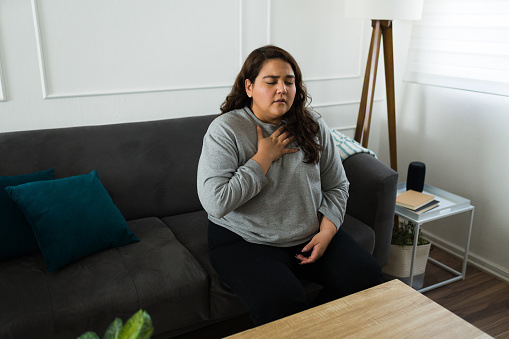
A panic attack is the body’s exaggerated response to a perceived danger flipping the body into flight or fight mode, releasing a massive shot of adrenaline which speeds up the body’s heart rate, breathing and gives feelings of hotness, sweat, tingles and dry mouth. Experiencing a panic attack can be a frightening and overwhelming experience, but there are several strategies that can be helpful for coping with panic attacks. Here are some tips to help deal with panic attacks.
These tips focus on installing rationale and breathing techniques which ultimately achieve calmness and control.
Remember that coping with panic attacks can take time and practice, and it’s okay to seek professional help if you need it. A mental health professional can help you develop personalized strategies for managing panic attacks and reducing their impact on your daily life.
This blog is written by Dr Phil Wheeliker MBA MA, Chair of the Board of Trustees at Unmaksed Mental Health. Phil is a qualified Psychotherapist, Business Psychologist and Mental Health Trainer.
In need of some Mental Health advice or support? Wherever you are in the UK, you can arrange a chat with one of our friendly professional team at any time.
Call us on 01422 356945 or email info@unmaskedmentalhealth.co.uk

Unmasked Mental Health are a Charity based in Calderdale with the mission to provide support to people suffering with poor mental health at the point of need and in a way in which they want to be supported.
Our services are accessible to everyone, whether you’re an individual having a rough time, or if you’re an employer looking to give something back and look after your employee’s mental health and well-being.
Please like, share and follow our pages on social media.
The more people we can reach, the more conversations we can start and the more lives we can save.